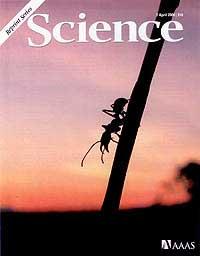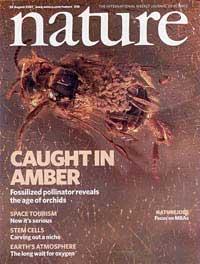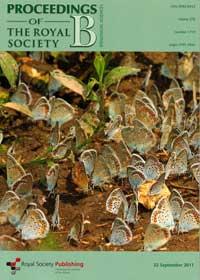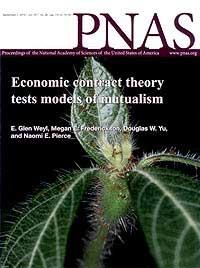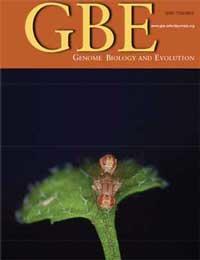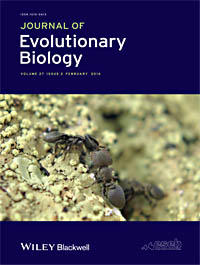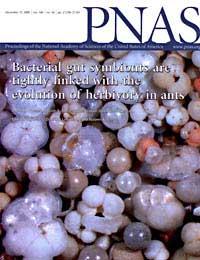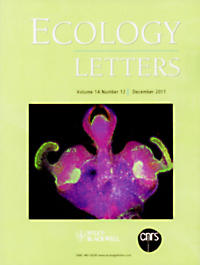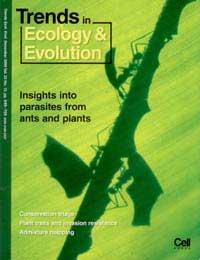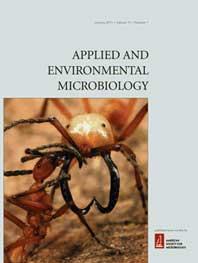Citation:
| 1992_baylis_and_pierce.pdf | 2.23 MB |
Date Published:
JunAbstract:
Larvae and pupae of the Australian lycaenid butterfly, Jalmenus evagoras Donovan (Lepidoptera; Lycaenidae), are protected from parasites and predators by attendant ants. In return, the juveniles of J.evagoras secrete to the ants a solution containing substantial amounts of sugars and amino acids. Larvae of J.evagoras were reared from hatching until adult eclosion either with or without ants. Experiments were performed to examine whether fifth (final) instar larvae attempt to compensate for the nutrient loss to ants, by consuming more food, digesting food more efficiently, or extending development time. The presence or absence of ants had no effect on the feeding rate, efficiency of digestion or development time of fifth instar larvae. Larvae with ants converted a smaller proportion of ingested food into biomass, and consequently grew less than their counterparts without ants. Thus fifth instar larvae of J.evagoras do not appear to compensate for the nutrient loss to ants. Possible reasons for the failure to compensate are discussed.
Notes:
Hz997Times Cited:19Cited References Count:32

